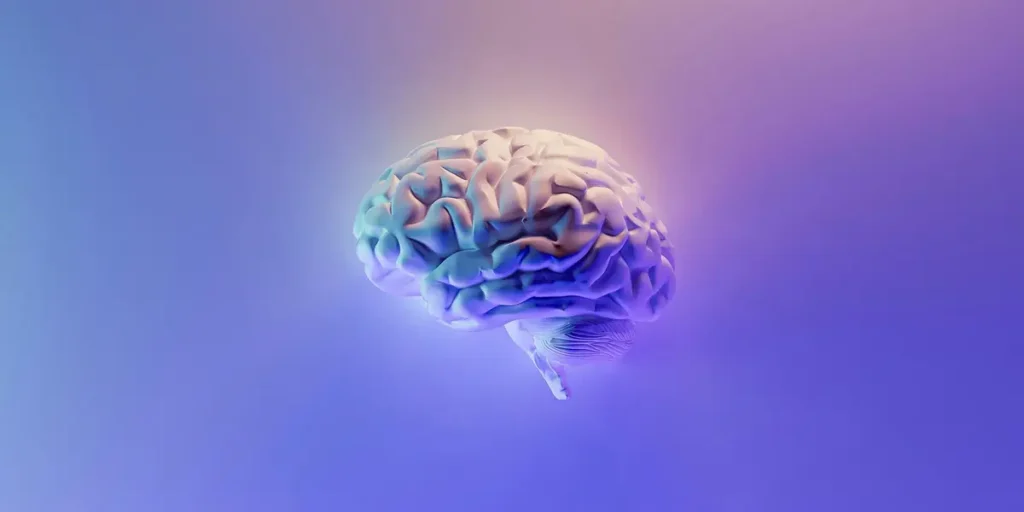Introduction
Artificial Intelligence (AI) continues to make considerable strides in various industries, along with enjoyment. Recently, the BBC manufacturing of ‘Mamma Mia!’ stirred controversy as AI changed the acclaimed musical big name, Sara Poyzer, in a circulate deemed “sobering” through many. This article delves into the consequences of AI changing human expertise in the leisure enterprise and explores the broader implications of such advancements.
The Rise of AI in Entertainment
AI technologies have revolutionized the entertainment panorama, offering innovative solutions for content material introduction, production, and even performance. From digital influencers to AI-generated tracks, the combination of synthetic intelligence has turned out to be an increasing number of conventional in the amusement area.
Sara Poyzer: A Musical Star
Sara Poyzer is a famous musical theater actress recognized for her extraordinary talent and charming performances. With a profession spanning decades, Poyzer has garnered approval for her roles in numerous productions, captivating audiences together with her effective vocals and emotive acting.
The BBC Production: ‘Mamma Mia!’
BBC’s rendition of the beloved musical ‘Mamma Mia!’ turned into pretty expected through lovers internationally. The manufacturing promised to supply a fascinating enjoyment, mixing iconic ABBA songs with a compelling narrative set in opposition to the picturesque backdrop of a Greek island.
AI’s Role in Replacing Sara Poyzer
In a surprising flip of activities, the BBC introduced that an AI-generated performer could replace Sara Poyzer in the position of Donna Sheridan, the lead man or woman in ‘Mamma Mia!’. This decision marked a big departure from traditional casting practices and sparked sizable debate within the entertainment industry. The revelation was indeed sobering for Poyzer, who had committed herself to the craft of stay performances.
Impact on Sara Poyzer
For Sara Poyzer, the information of being changed through AI changed into surely a sobering experience. As a pro performer dedicated to her craft, Poyzer expressed a mix of feelings, including disappointment and apprehension about the destiny of human skills in a more and more digitized global. The recognition that her role might be replicated with the aid of the era left her feeling uncertain about her area within the evolving panorama of amusement.
The Ethical Debate
The choice to update Sara Poyzer with AI raised ethical worries regarding the role of generation in displacing human skills. While AI offers simple blessings in phrases of efficiency and fee effectiveness, it additionally poses existential questions on the cost of human creativity and expression within the arts. The moral implications of prioritizing technological advancements over human ingenuity remain sobering for lots in the industry.
Audience Reaction
The assertion elicited a wide variety of reactions from audiences, with a few expressing curiosity and intrigue Approximately the abilities of AI-generated performers, whilst others voiced problems about the capability loss of authenticity and emotional depth in live performances. The recognition that the era ought to potentially update human performers left many feeling sobered by using the implications for the future of enjoyment.
The Future of AI in Entertainment

The controversy surrounding the alternative of Sara Poyzer underscores the need for a nuanced dialogue Approximately the evolving dating among technology and creativity within the amusement enterprise. While AI gives unparalleled opportunities for innovation, it’s miles important to strike stability among technological development and the upkeep of human artistry. The sobering awareness that AI could reshape the landscape of leisure prompts mirrored an image of the ethical concerns and societal impact of such advancements.
Conclusion
The BBC’s decision to update Sara Poyzer with AI inside the production of ‘Mamma Mia!’ highlights the complex interplay between era and creativity inside the leisure enterprise. While AI provides thrilling possibilities for innovation, it also raises profound questions on the future of human expertise and the moral implications of its integration into inventive endeavors. The sobering reality of AI’s ability to disrupt conventional modes of performance challenges stakeholders to navigate the evolving landscape with cautious consideration for the values and standards that underpin the artwork shape.
FAQs
Q1. Will AI completely update human performers within Destiny?
While AI generation keeps to increase unexpectedly, the entire substitute of human performers remains a subject of discussion. Many argue that human creativity and emotion cannot be replicated by using machines, a sobering thought for the ones in the leisure industry.
Q2. What are a few potential blessings of the usage of AI in enjoyment?
AI offers numerous benefits, which include price effectiveness, performance in manufacturing, and the capability to explore new creative avenues. Additionally, AI-generated performers can doubtlessly make the accessibility of live performances to a broader target market, a prospect that both intrigues and soothes conventional performers.
Q3. How do conventional performers experience the rise of AI in enjoyment?
The response amongst traditional performers varies. Some embody AI as a device for innovation, while others explicitly worry about the capacity effect on job protection and the integrity of creative expression. The sobering fact of technological advancements activates mirrored images at the future of their craft.
Q4. Can AI-generated performers evoke proper feelings in audiences?
While the AI generation can simulate emotions to some extent, the capability to in reality hook up with audiences stays a topic of ongoing studies and debate. The sobering query of authenticity demands situation perceptions of AI’s position in shaping emotional reports in leisure.
Q5. What steps can be taken to make certain the ethical use of AI in amusement?
It is essential to establish suggestions and policies that prioritize the moral treatment of human performers and ensure transparency regarding the usage of AI-generated content material in artistic productions. The sobering realization of AI’s capacity effect necessitates proactive measures to shield the integrity of the amusement enterprise.
Read More: How to Jailbreak ChatGPT





